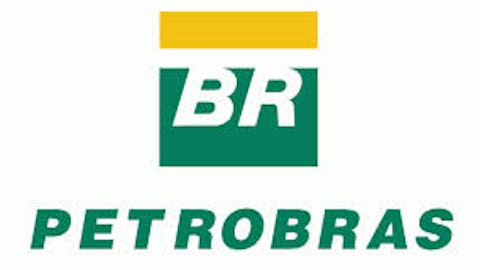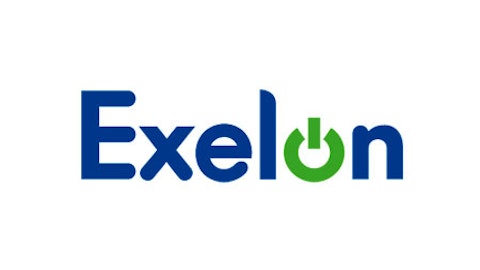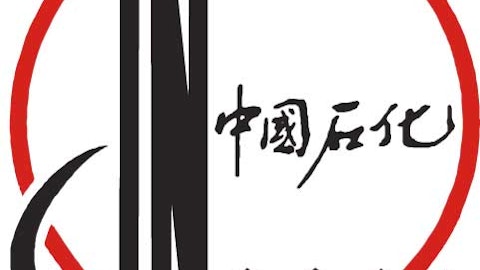Here again, calculating an appropriate fair value is difficult. Sinopec, being mostly active in refining but also working in a nicely growing market, probably deserves at least a 9x multiple if it wasn’t for government interference. However, due to its operating situation, both expected earnings and the multiple must be adjusted.
Assuming that less government intervention produces cash earnings around $13.7 billion and using an 8x multiple, Sinopec’s fair business value looks to be around $126 a share. But anticipating a difficult operating environment, similar to 2012, a value closer to $86 per share looks more reasonable based on $10.7 billion in earnings and a 7x multiple.
However, not every foreign oil company faces such government meddling. Most European companies don’t face onerous direct government intrusion. Here are two that have some appeal and may not be very well known.
TOTAL S.A. (ADR) (NYSE:TOT)
Total, a French company, is one of the largest publicly-traded integrated oil and gas companies in the world. It has operations in more than 130 countries and activities in oil and gas exploration, development, and production with over 11 billion BOE in proven reserves. It also has interests in refining, petrochemicals, and specialty chemicals.
The company had a poor 2012, hurt by a North Sea gas leak and ill-advised North American investments, but profits did improve in the fourth quarter thanks to stronger oil prices and better refining margins. Total looks for continued gains in 2013 by shedding underperforming assets and further restructuring refining operations.
With estimated sales around $240 billion and average adjusted cash earnings of $20.8 billion, Total looks to have a fair business value of around $64 per share based on a slightly discounted 7x multiplier. The conservative multiplier is probably prudent due to the company’s limited U.S. investor following and some foreign exchange translation exposure.
Eni SpA (ADR) (NYSE:E)
Italy-based Eni engages in oil and gas exploration and production, gas marketing, power generation, petrochemicals, and engineering activities. It has over 7 billion BOE of proven reserves.
The company delivered strong results in 2012 with oil production growth and stability in their European gas, refining and chemical sectors. The company seems to have excellent growth prospects, driven by a portfolio of development projects and success in exploration. On a comparable basis, production increased by 16% in the company’s third quarter of 2012. If the company meets expected sales of $150 billion and cash earnings around $15 billion, using a 7x multiplier puts the company’s intrinsic business value at roughly $57 a share.
Conclusion
To summarize, government intrusion into foreign oil companies can be a substantial risk and should be considered carefully. But this hazard doesn’t necessarily apply to every foreign firm. By parsing each company’s circumstance, a foreign oil company worthy of investment may be found.
The article The Risk of Government Intrusion in Foreign Oil Stocks originally appeared on Fool.com.
Copyright © 1995 – 2013 The Motley Fool, LLC. All rights reserved. The Motley Fool has a disclosure policy.




